A Brief History of Oligarchy – Part One
Oligarchy is a word derived from the Greek language. It means the rule of the few. We have come to associate it with rich Russian businessmen, but American society, behind the facade of democracy, has come more and more to resemble an Oligarchy. Oligarchs use their enormous influence to turn the country to benefit themselves to the exclusion of other members. A key characteristic of Oligarchy is that the relationships between the various Oligarchs forms the basis of rule.
Oligarchs tend to only associate with other Oligarchs. They see themselves as the movers and shakers of this world. They fund think tanks, lobbyists and develop proteges; all to steer politics to their benefit. This allows the majority to have little, if any real say in the body politic. As Winston Churchill once said;
”The best argument against democracy is a five minute conversation with the average voter.”
Oligarchs have a superiority complex, and a belief that only in their hands can the best for their country be achieved. They have synonymised the countries interests with their own. This is the trick they use to convince the majority they work on behalf of all. Meanwhile, they siphon off wealth into their own pockets. This increases inequality and fuels the sense of an unjust society.
Oligarchy does have its weaknesses. An elite clan can become very insular looking. The can become divorced from the reality of day to day life and unable to respond to growing unhappiness levels. Their very lack of diversity and general conservative outlook can mean missed opportunities. New exciting developments, like the blockchain and cryptocurrencies for example, are seen as threatening to Oligarchical power, rather than embraced as liberating. Finally, Oligarchies are an anathema to free markets and free trade. Fixing is the order of the day, manipulation, insider trading, high levels of sycophancy and corruption.
Famous Oligarchies of history have included Sparta, the Roman Republic, the Venetian Republic and the British Empire. Plato viewed Oligarchy as “a constitution teeming with many ills”. One of these he identified as greed. He saw the ruling passion of Oligarchs as the accumulation and preservation of wealth. The transition to Oligarchy from other forms of rule is marked by the amassing of great private fortunes. Trends towards growing income inequality have been marked in the world especially over the last ten years. According to a report by Oxfam last year the world’s eight richest people have the same as the poorest 50%. Source
Much of the wealth, though, is hidden in our society. We can clearly see the influence of the Walton family and the Koch Brothers. Through political donations they openly seek to have laws passed in their favour. However, both the giant banking families, like the Rockefellers, and the remnants of the aristocracy are also owners of vast undisclosed wealth. Even companies like Forbes, that put these rich lists together, admit that the amounts used are on the low side. The admiration of the rich and worship of money becomes the essential heart of an Oligarchic society.
Of course Oligarchs are happy to rule and get along when the going is good. The Bilderberg meetings, exposed by the intrepid reporting of Daniel Estulin and Jim Tucker, are yearly gatherings where the wealthy elite meet to discuss an agenda of important topics in global finance and politics. Papers that have been subsequently released reveal discussions and resolutions for action way in advance of events. Bilderberg attendee Etienne Davignon admitted that the group was instrumental in setting up the Euro currency. here In 2002 a discussion was held at the Bilderberg meeting to invade Iraq. here. In an article from 2008 here the Bilderbergers discuss the global financial melt-down and rescue measures back in 2006. These, once secret, meetings clearly indicate an Oligarchical tendency.
In Russia today we can clearly see an Oligarchy, represented at their head by Putin. They are an entrenched ruling class that have evolved from the nomenklatura, or Communist bureaucrats, of the Soviet Union. Following the fall of the Berlin Wall and the collapse of the USSR, Western business had hoped to enter Russia to steal and plunder her resources. However, they found that the Russians had already organised themselves into an Oligarchy capable of plundering their own nation’s wealth. The same process can be identified in China where previous state-owned enterprises, under the guiding hand of the old Communist ruling class, are transferred into the ownership of the new post-Communist ruling class. Who just happen to be the same people!
In ancient China Confucius stood up against Oligarchy. One of the main problems China faced in his time was the constant warfare driven by the private needs of the Chou dynasty. Confucius regarded many of the nobility as useless parasites and idlers. He promoted the ideas of education on the basis of ability and a government filled with advisers (to the leader) who served not feudal loyalty but answered to higher moral principles. Confucius stood in opposition to entrenched privilege, which Oligarchy maintains, and was opposed to the domination by a caste of rulers with no intrinsic merits of their own.
Machiavelli, who lived in Italy during the Renaissance period, wrote about the body politic. Drawing on his country’s history he wrote about the nobility living as he saw it on the abundant revenue derived from their estates, and called them pests in his Discourse on Livy. He was of the opinion though that class conflict between the rich few and the many have-nots was a good thing for political development. He identified five classes: feudal nobility; bankers and merchants; the middle class; poor urban mass; and the country peasant. The key was that one group’s power did not become excessive. Machiavelli believed that a healthy republic required a series of checks and balances.
The idea of a series of checks and balances was enshrined at the heart of the US Constitution. The American Founding Fathers were concerned with preventing Tyranny, but they were also aware of the dangers of Oligarchy. They attempted to form safeguards in the Constitution to prevent the US from falling prey to this type of rule. It can be summed up in the slogan, “Of the People, By the People, and For the People.” Have the Oligarchs now taken over the United States? More commentators, like Thomas Piketty in his book Capital in the Twenty First Century that have focused on the widening inequality gap, are drawing this conclusion. The US is being run by Oligarchs.
Thanks for reading x
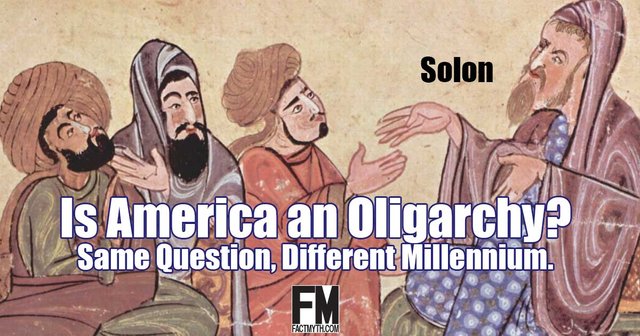
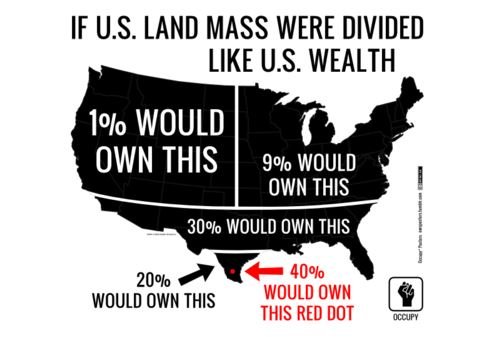
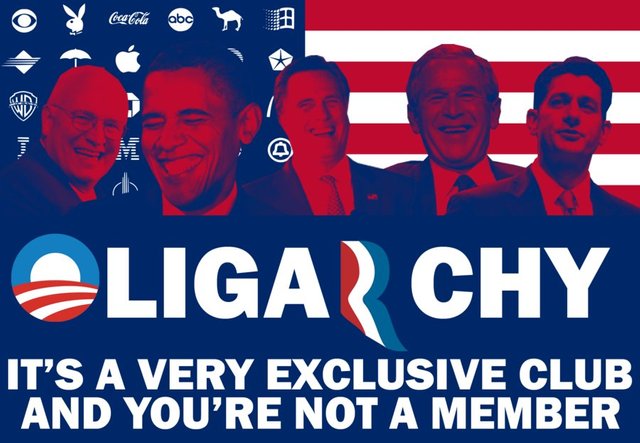

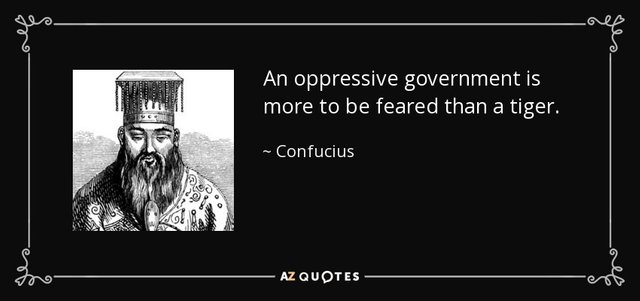
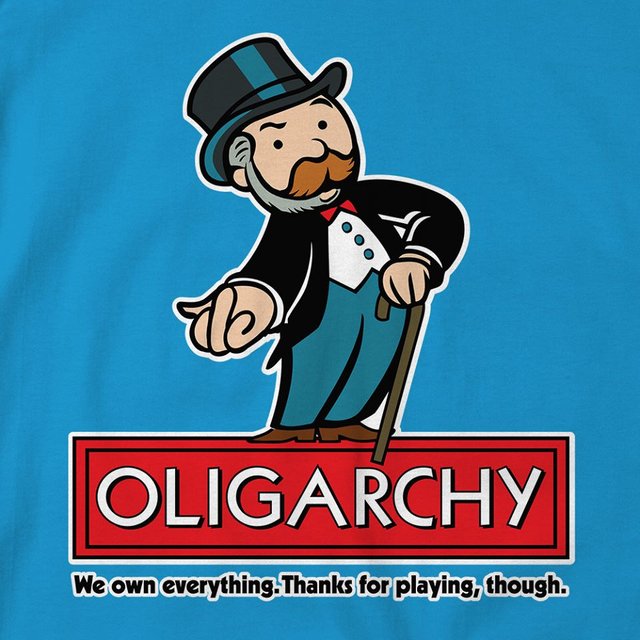
Resteemed your article. This article was resteemed because you are part of the New Steemians project. You can learn more about it here: https://steemit.com/introduceyourself/@gaman/new-steemians-project-launch
Your post was resteemed by @resteemza
Please upvote this reply to help us grow